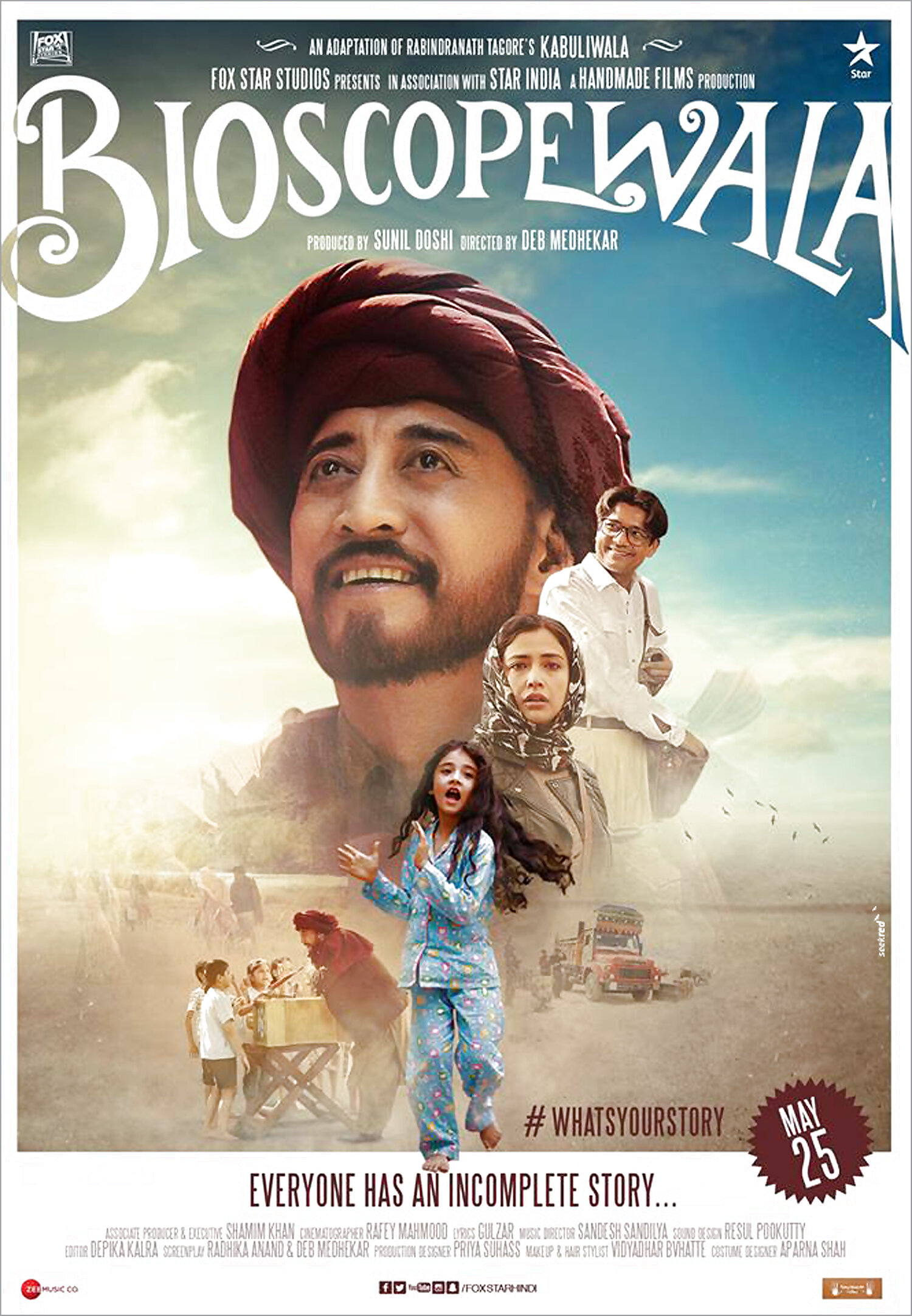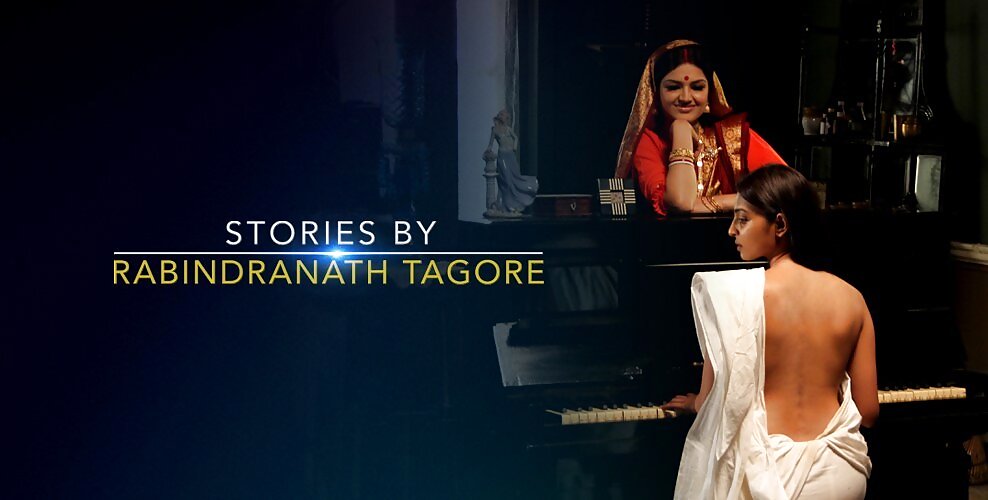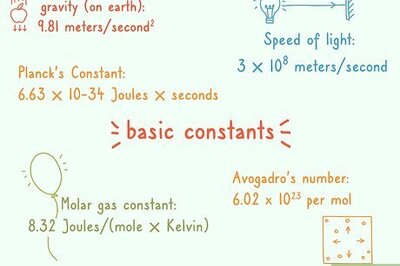
views
The works of Rabindranath Tagore have inspired many cinematic titles in multiple languages over the years. Some have successfully captured the flavour of the words penned by him years ago, while others have based their screenplays on Tagore's unique plots, but modified it into their own contemporary versions.
From Ramanand Sagar to Gulzar, many celebrated filmmakers have adapted the Bengali polymath's classic stories and novels. The audience, in our times too, find Tagore's world engaging and relatable, feeling attached to the emotions, issues, drama and anxieties suffered by the characters he created.
Surprisingly, even though we've had Sarat Chandra Chattopadhyay classics like Devdas and Parineeta adapted multiple times in Bollywood with best of the talents, other than Kabuliwala, there is hardly any other Tagore story that has inspired a commercially successful or remarkable piece of cinema in Hindi in recent times.
On the poet laureate's birth anniversary today, we take a look back at some of the Hindi language versions of his works on screen.
Milan (1946)
Milan is probably the earliest Tagore adaptation made in Hindi. It is based on Noukadubi, with a humorous tone, while also bringing out silent issues like caste inequality. Directed by Nitin Bose, the film starred Dilip Kumar, Mira Misra, Ranjana and Pahari Sanyal. The story revolves around a young law student who is forced into an arranged marriage though he is in love with somebody else. A terrible boat accident changes his life. The film was important for Dilip Kumar's career, who had acknowledged this in an interview, "Nitin Bose became a friend after Milan and he changed the way I interpreted and studied my scripts and roles."
Ghunghat (1960)
Noukadubi was again adapted by Ramanand Sagar in 1960 with a stellar cast including Bharat Bhushan, Leela Chitnis, Pradeep Kumar, Bina Rai, Asha Parekh, Helen and Rajendranath. Here, instead of a boat capsizing in accordance with the original story, the makers showed a train accident which leads to a major twist in the plot. The film's music was by renowned composer Ravi. Lage Na Mora Jiya and Mori Chham Chham Baje Payaliya, sung by Lata Mangeshkar, were hit songs from the film.
Kabuliwala (1961)
This is prabably the one Tagore story that has inspired multiple adaptations across languages and over the years. In 1961, Balraj Sahni took on the memorable role of an Afghan dry-fruit vendor who sees his daughter in a young stranger and forms a bond with her. Rahmat's interactions with Mini and his yearning for his own daughter who he is forced to leave behind in order to earn a living thousands of miles away make it one of the most touching stories ever told on celluloid.
Bioscopewala (2018)

This is the most recent and relevant Hindi interpretation of Tagore's Kabuliwala for the big screen. The film, starring Danny Denzongpa as Rehmat Khan aka Bioscopewala, Geetanjali Thapa as Minnie and Adil Hussain as Robi Basu, is an ultra-modern update of Tagore's 1892 classic short story. It takes forward the timeline of Kabuliwala from the 19th century to somewhere in the 1980s during the Taliban regime, changing the profession of Rehmat from a dry fruit seller to a man who goes around showing films to children through his bioscope. The film, directed by Deb Medhekar, has been lauded for paying tribute to cinema and for making a strong statement against fundamentalism.
Lekin (1991)
Loosley based loosely on Tagore's Kshudhit Pashaan, Gulzar directed this film that tells the story of a man, Sameer, who finds himself inclined towards a girl, Reva, whose existence is questionable. Tagore was inspired to write this story after he had stayed in Shah Jahan's Moti Shahi Mahal palace in Shahibaug, Ahmedabad, Gujarat. Vinod Khanna plays Sameer in the film set in Rajasthan, as Dimple Kapadia becomes the mysterious Reva. As the story progresses, he has many other chance encounters with her that leaves him more and more mystified. The film also starred Amjad Khan, Alok Nath, Beena Banerjee, and featured a special appearance by Hema Malini. Lekin won multiple National Awards, including one for its music.
Uphaar (1971)
Produced by Tarachand Barjatya for Rajshri Productions, the film starred Jaya Bachchan (née Bhaduri), Swarup Dutt and Kamini Kaushal. The music is by Laxmikant Pyarelal. This film is based on the short story named Samapti (The End). Jaya played the childish Minoo, who gets tied into a marital relationship she does not have the maturity to understand or fulfill. The film was selected as the Indian entry for the Best Foreign Language Film at the 45th Academy Awards, but was not accepted as a nominee. It was dubbed in various south Indian languages, including in Malayalam as Upaharam.
Geet Gaata Chal (1975)
This was another Rajshri Productions adaptation of a Tagore short story. This film was directed by Hiren Nag, telling the simple story of a teenage boy who prefers the life of a wanderer to the confines of a domestic life. The film starred Sachin Pilgaonkar who captured perfectly the free-spiritedness of a young man with no settled home, no emotional attachments, and who keeps wandering through villages and towns without a care in the world.
Stories By Rabindranath Tagore (2015)

Stories By Rabindranath Tagore is a widely appreciated show on Epic channel. These stories have been adapted to the small screen by director Anurag Basu. He picked different stories like Chokher Bali, Charulata, Kabuliwala, Detective, Samapti, Chhuti, etc, and devoted two or three episodes to each novel, while short stories are narrated in a single episode. Based in the early twentieth century of undivided Bengal, the stories are set in a politically volatile Calcutta. Tagore, hailed as the most articulate feminist of his times, defined confident women as the protagonists of his stories who managed to be strong and defiant in nature while being cocooned in a conservative Indian society.
Follow @News18Movies for more




















Comments
0 comment